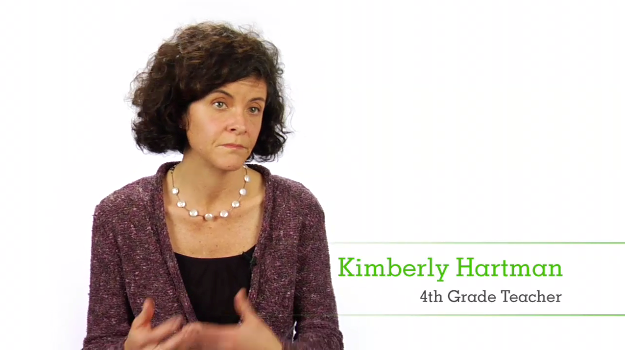Digital Citizenship
-
Digital citizenship is an overarching concept that includes appropriate and responsible use of technology by staff and students. As members of 1:1 iPad learning environment, we all contribute to the security and data privacy of our community. Understanding the legal and ethical use of technology is in the best interest of students, families, and staff. Open conversations about digital citizenship are opportunities to explore the ways our society addresses conflicting interests through law and policy.
The purpose of this website is to provide you with resources to guide these conversations and inform your practice. Click on each topic below for basic information and recommendations. The sidebar contains references to the law and School Board policy and procedures that inform these recommendations, as well as useful links on the topic.
Teaching Digital Citizenship
The Children's Internet Protection Act (CIPA) addresses online safety for students. The law requires that K-12 schools and libraries use internet filters and other tools to protect children from harmful online content and that school districts educate every student on digital citizenship, online privacy and safety, and appropriate online behavior every year in order to continue receiving federal funding toward internet infrastructure.
Saint Paul Public Schools has declared September as Digital Citizenship Month as a context for teaching the required lessons and raising student awareness of online safety. Please see the Personalized Learning website for more information and access to the lessons.
Revisiting these topics throughout the year within in the the context of lessons and online experiences will help empower students to be safe, responsible users of digital technology.
This page includes text used with permission from Houston Public Schools and Common Sense Media.
Additional Resources
-
- Children’s Internet Protection Act (CIPA)
- SPPS Digital Citizenship CIPA Resources
- SPPS Digital Citizenship Month
Digital Citizenship Resources for Teachers from Common Sense Media:





